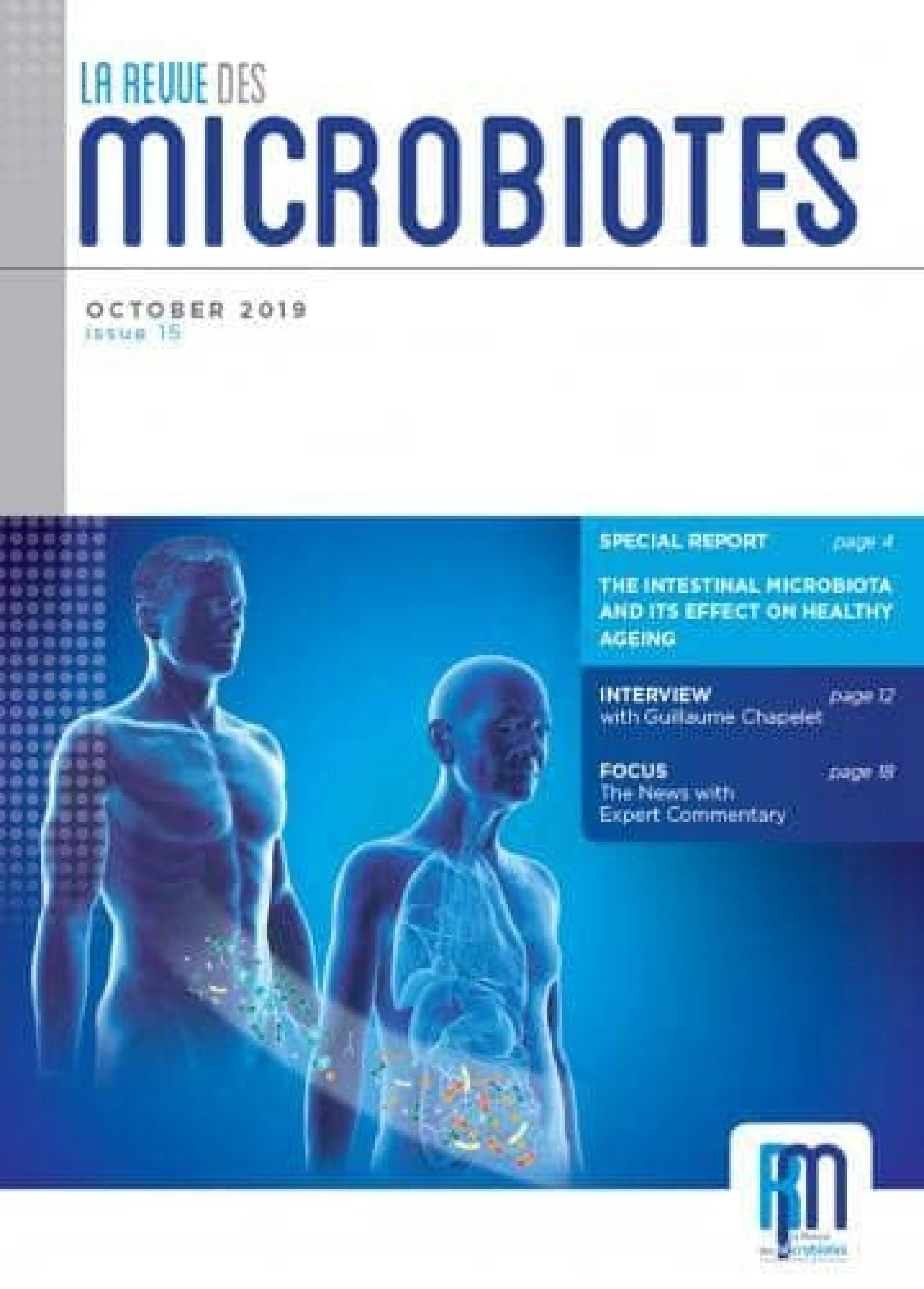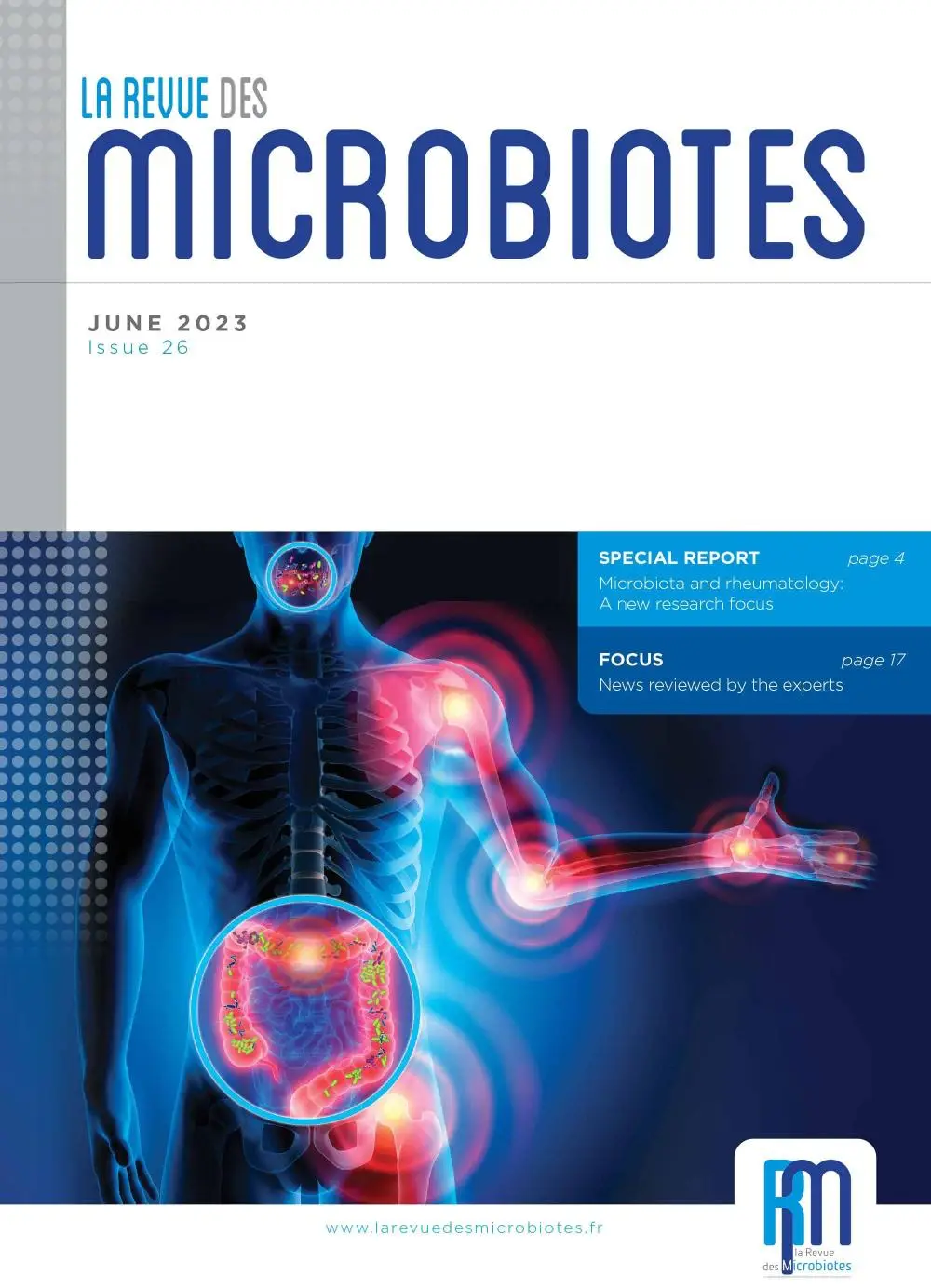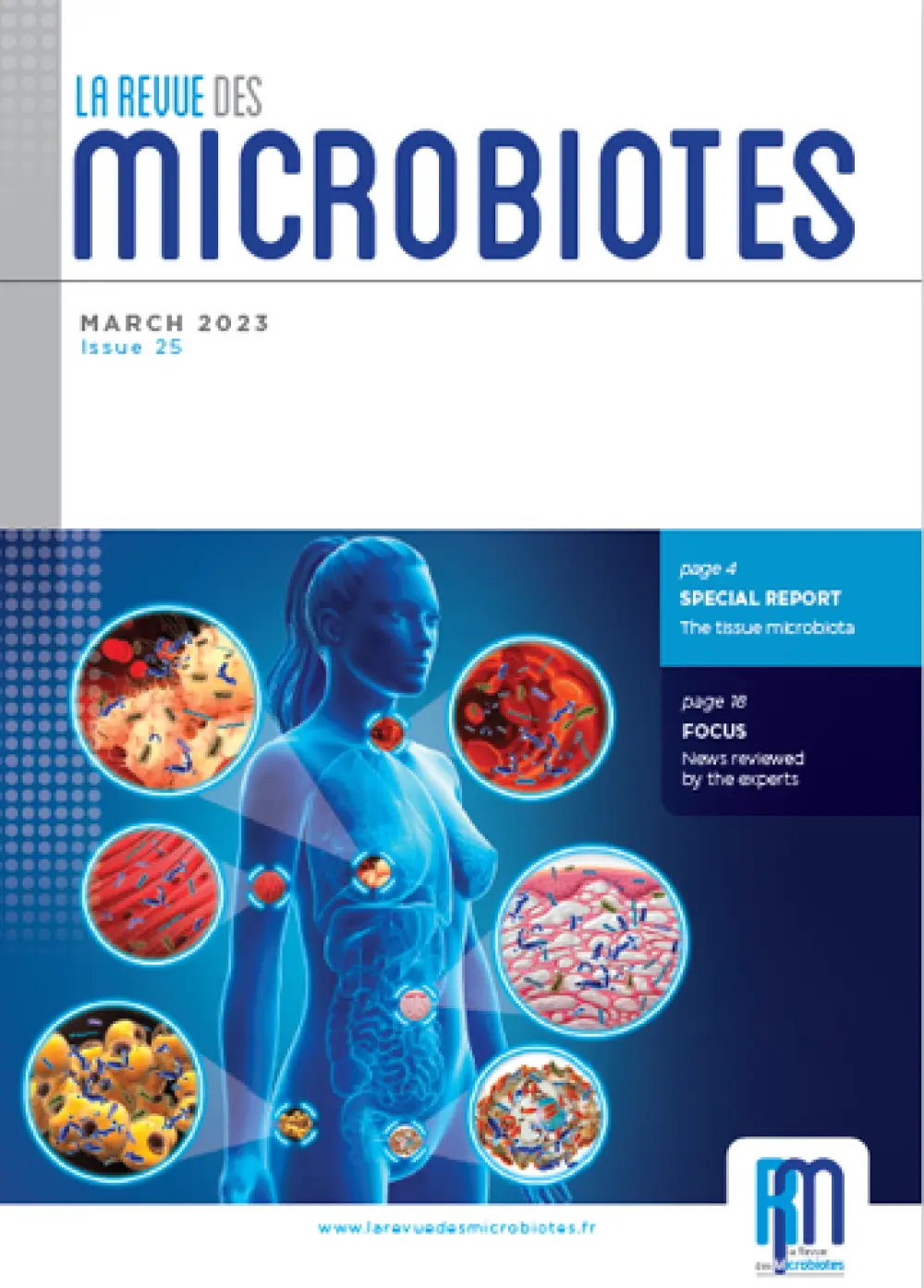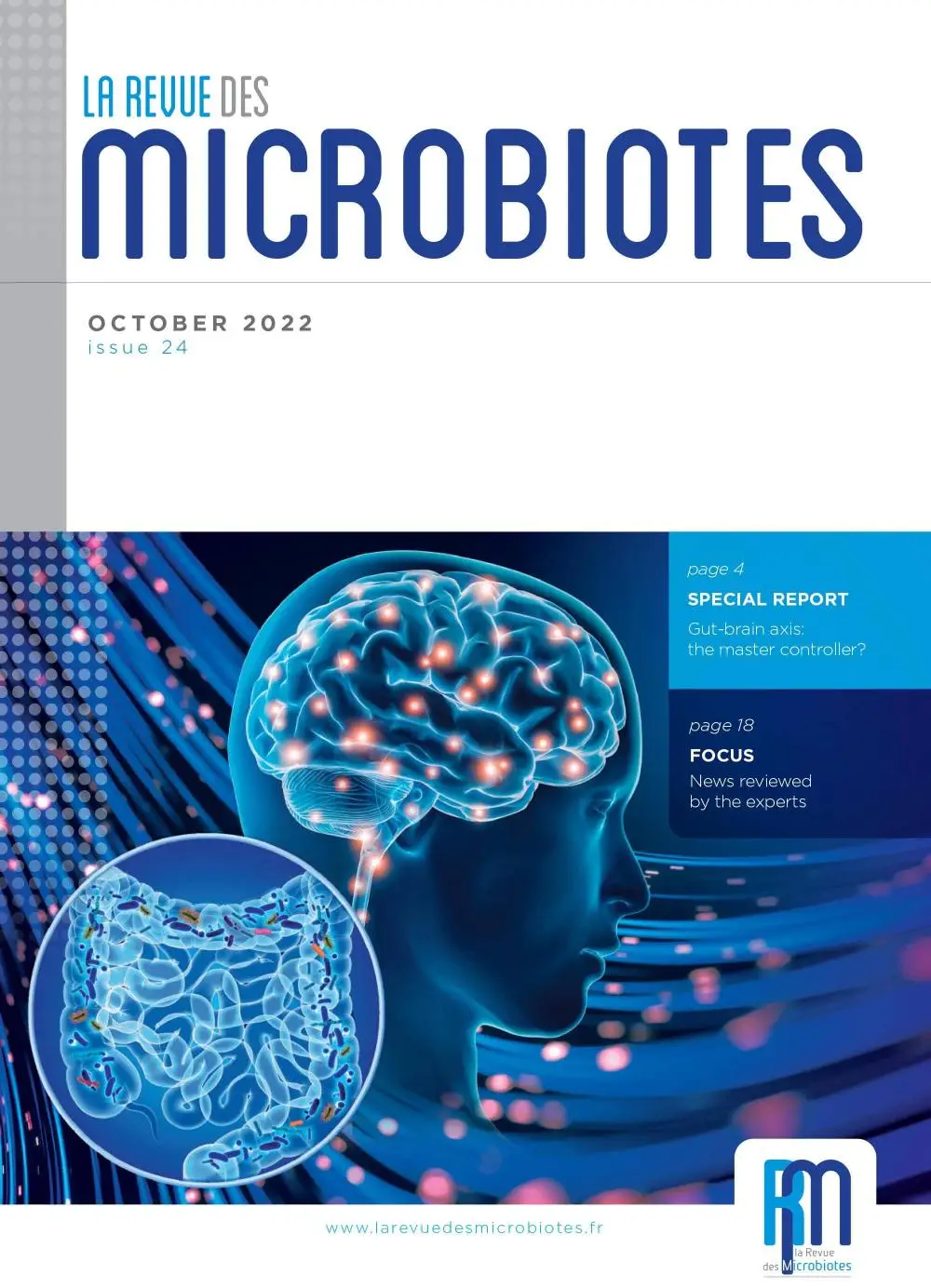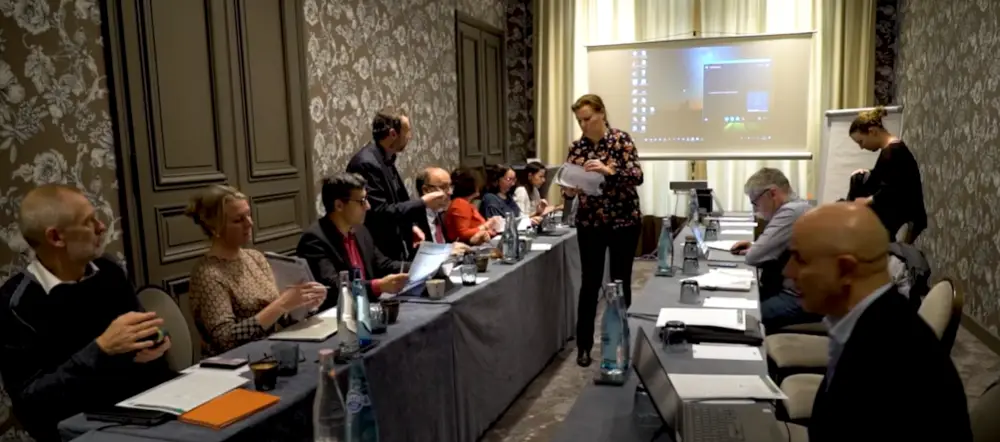Population ageing is one of the most significant demographic changes that will effect society in the coming years. This change will occur smoothly only if it is accompanied by specific measures designed to maintain seniors’ independence outside of the retirement home and ensure the elderly can remain at home as long as possible.
Nowadays, the role of the gut microbiota in a person’s health and wellbeing is common knowledge. Recent studies have revealed that the microbiota also plays a decisive role in the ageing process. They show that the gut microbiota changes in both composition and function over time and that these changes become even more apparent as the individual loses independence. Experimental data and clinical observations have also demonstrated a link between the microbiota and age-related pathologies, such as age-related chronic inflammation (inflammageing), certain neurodegenerative diseases, post menopausal osteoporosis, and physical frailty.
The article published in this edition of the Revue des Microbiotes suggests that changes in the gut microbiota could provide a path towards healthy ageing. Promising potential methods that are tailored to each senior’s situation and based on the use of probiotics or prebiotics are discussed below.

